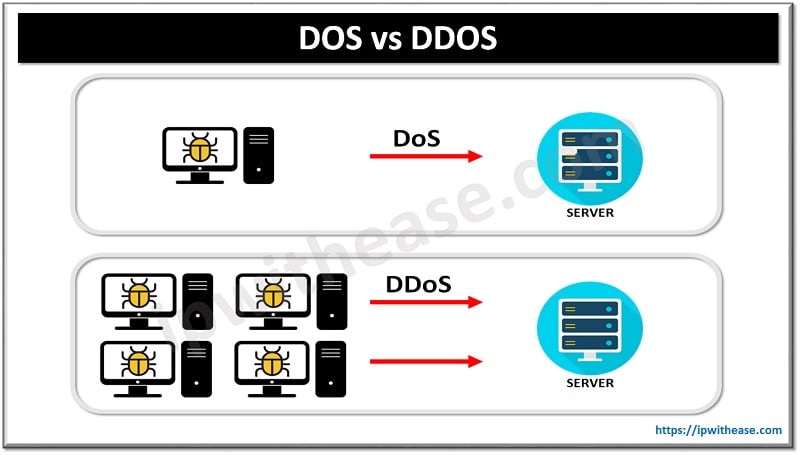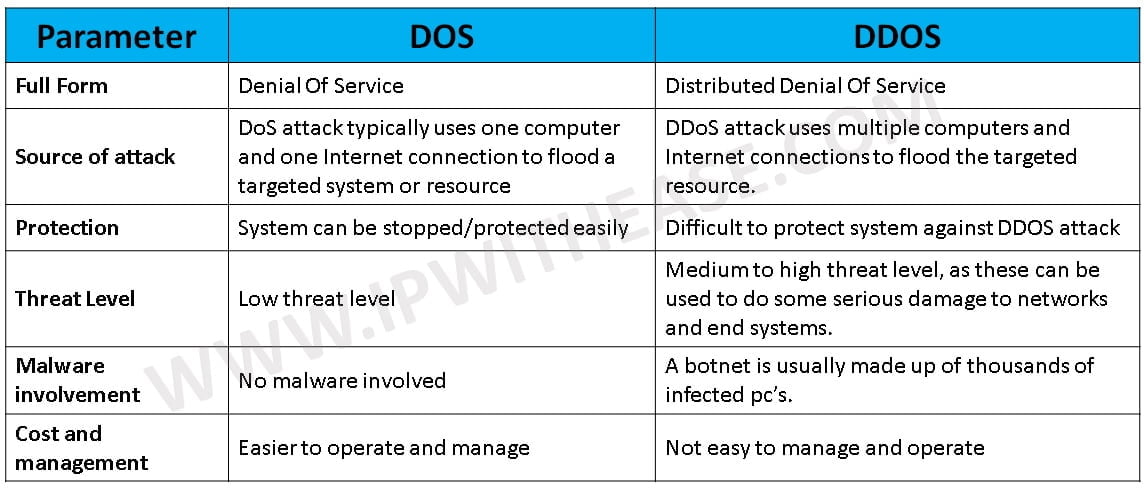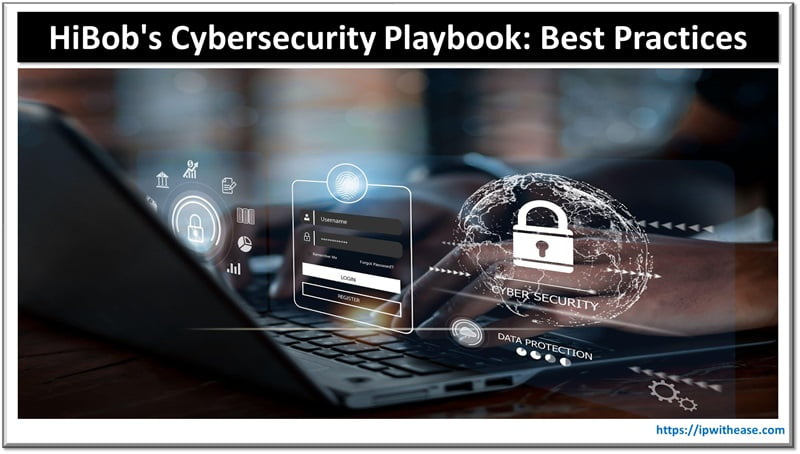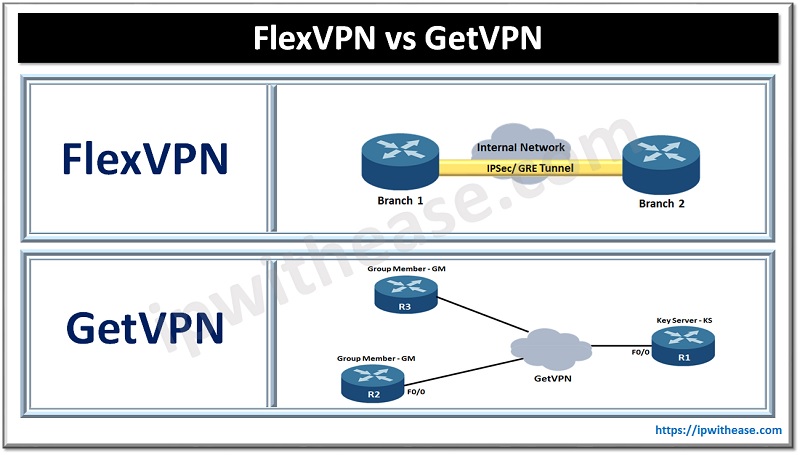Google ADs
Table of Contents
Introduction
DOS (Denial of Service) and DDOS (Distributed Denial of Service) are 2 commonly used terms where the target server or application are made unresponsive. In both cases, i.e. DOS and DDOS attack, the attacks deprive legitimate users (customer and employees) of the service or resource they require. In this article, we will deliberate both the terms and understand the differences between DOS and DDOS.
Difference between DoS & DDoS
- While DoS attack is related to one computer and one Internet connection flooding a targeted system or resource to make it unresponsive, DDOS attack uses multiple computers and Internet connections to flood the targeted resource.
- Further, while DOS attack is easy to stop since only one source is sending illegitimate traffic, DDOS attacks are difficult to control and stop since such a vast distribution of attacking systems makes it very difficult to detect where the actual attacking party is from.
- Additionally, DOS attacks are limited to a smaller scale while DDOS can execute an attack of disruptive scale.
- In terms of threat level, DOS is considered a low level of threat whereas DDOS is considered medium to the high threat level, as these can be used to do some serious damage to networks and end systems.
- In fact, Malware (like botnet) is typically related to DDOS based attacks while DOS is not related to malware-based attacks.
- And finally, we can say that DOS assaults are easier to operate and manage as compared to DDOS which are complex to manage and operate on.

Comparison Table: DOS vs DDOS
The above-discussed points of comparison between DOS and DDOS have been encapsulated into a below given table in a structured format –
Google ADs

Download the comparison table: DoS vs DDoS
Continue Reading
What is DDoS Attack? Distributed Denial of Service Attack
10 Best DDoS Protection Service Providers
ABOUT THE AUTHOR

Founder of AAR TECHNOSOLUTIONS, Rashmi is an evangelist for IT and technology. With more than 12 years in the IT ecosystem, she has been supporting multi domain functions across IT & consultancy services, in addition to Technical content making.
You can learn more about her on her linkedin profile – Rashmi Bhardwaj



